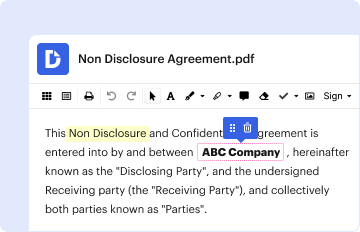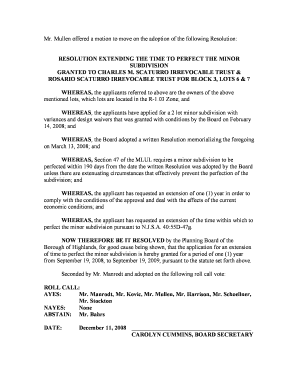Definition & Meaning
A Notice of Partial Satisfaction of Judgment in a Civil Case - Mississippi is a formal document filed in the Circuit Court of County, Mississippi, which indicates that a portion of a civil judgment has been satisfied. This document is essential when a judgment debtor makes a payment or a garnishee fulfills part of the debt. The notice clarifies that although part of the judgment is settled, the remaining judgment amount is still outstanding against other defendants. This type of notice ensures transparency in financial settlements within legal proceedings.
How to Use the Notice of Partial Satisfaction of Judgment in a Civil Case - Mississippi
To properly utilize the Notice of Partial Satisfaction of Judgment, parties involved must ensure accurate documentation of the payment amount and details pertaining to the satisfied portion of the judgment. The process usually involves:
- Confirming the payment has been made by the garnishee or other paying party.
- Preparing the notice with accurate payment details and remaining judgment balance.
- Filing the notice with the appropriate Circuit Court.
Notably, this notice does not absolve other defendants from their liabilities unless specified, maintaining the focus on the partially satisfied portion only.
Steps to Complete the Notice of Partial Satisfaction of Judgment in a Civil Case - Mississippi
Completing the notice requires careful attention to detail:
- Identify the Parties Involved: Clearly mention the judgment debtor, creditors, and any third parties involved in payment, such as garnishees.
- Accurate Payment Description: Specify the amount paid, date of payment, and the party making the payment.
- Remaining Balance Indication: Clearly detail any balance left unpaid against other defendants.
- Signature and Filing: Obtain signatures from authorized individuals and file the notice formally with the relevant court.
Each step ensures the notice serves its purpose as a legal instrument documenting partial satisfaction of a judgment.
Important Terms Related to Notice of Partial Satisfaction of Judgment
Understanding the commonly used legal terms found within this notice can enhance its proper use:
- Judgment Debtor: The party against whom the judgment was originally issued.
- Garnishee: A third party, typically an employer or bank, ordered to remit a portion of the debtor’s earnings or funds to the creditor.
- Partial Satisfaction: Payment or fulfillment of only a portion of the total judgment amount.
- Circuit Court: The court in Mississippi where the notice is filed.
These terms are critical for accurately completing and interpreting the notice.
Legal Use of the Notice of Partial Satisfaction of Judgment in a Civil Case - Mississippi
This document operates within specific legal frameworks and has several key functions:
- Documentation: It serves as a record indicating partial payment toward settling a court-ordered judgment.
- Transparency and Accountability: By documenting what portion of the judgment is satisfied, it ensures all parties are informed and limits further disputes.
- Court Record: The notice becomes part of the official court record, elucidating the payment status and maintaining accuracy in legal records.
Such legal uses underline the document’s role in formalizing part payment settlements in civil cases.
State-Specific Rules for the Notice of Partial Satisfaction of Judgment in Mississippi
In Mississippi, the Notice of Partial Satisfaction must adhere to specific regulations:
- Court Procedures: The notice must be filed with the appropriate Circuit Court where the original judgment was rendered.
- Timeframe: Prompt filing is important to reflect the status of the judgment accurately.
- Fee Structures: There may be filing fees applicable, varying by jurisdiction, which should be verified in advance.
These state-specific guidelines are crucial for ensuring compliance with Mississippi legal standards.
Examples of Using the Notice of Partial Satisfaction of Judgment in Mississippi
Different scenarios can illustrate the application of this notice:
- Garnishment Payment: When a garnishee pays part of the judgment directly, the notice reflects this transaction and any remaining obligations.
- Settlement Negotiation: If a debtor negotiates a partial payment with a creditor as part of a larger debt settlement, the notice can formally document this agreement.
- Multiple Defendants: In cases involving several defendants, it might be used to outline payments by one defendant, without affecting others.
Such examples showcase the document’s versatility in managing partial settlements.
Key Elements of the Notice of Partial Satisfaction of Judgment
Essential components include:
- Defendant and Creditor Information: Accurate details identifying the parties involved.
- Payment Details: Clear description of payment amounts, dates, and methods.
- Court Information: Reference to the original judgment details and the court in which it was filed.
Incorporating these elements ensures that the notice effectively fulfills its legal purpose.










